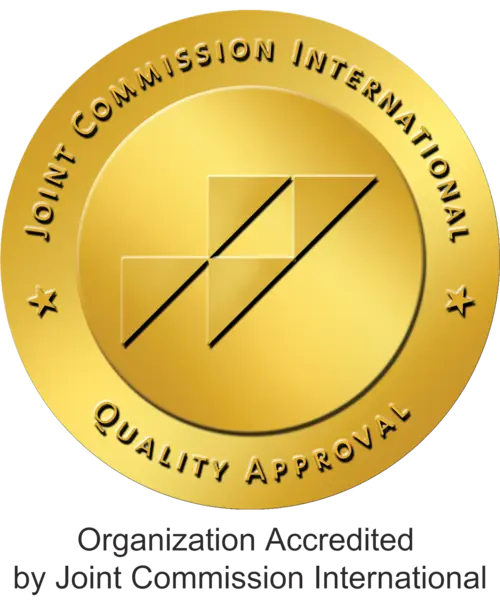Emotional Intelligence Programs in 10 Steps
For all age groups...
These are customized programs to develop life skills and mental skills.
By measuring depression score, anxiety score and conventional IQ score, client’s personality is profiled. In training levels, according to the needs, skill training is performed through methods such as Psychodrama, Group, EFT, EMDR, REHACOM, NEUROBIOFEEDBACK is done through. Sample events of the patients are evaluated.
1st Step: Self-Recognitionand Awareness
Considering feelings without promoting them, according to the results of scanning to provide self-recognition of thoughts, feelings and behaviors will provide to gain insight, to recognize interests, skills and values. Personality test is evaluated to find out strengths and weaknesses. Awareness of changeable and unchangeable personality traits are worked through.
2nd Step: Recognizing Others and Empathy
Psychodrama is used according to the need. It is assessed how a child, adolescent or adult perceives the environment, people around, approaches and processes. It is aimed to define expectations, develop realistic expectations, recognize perspectives of others, and to empathize.
3rd Step: Communication Skills and Self-Confidence
Psychodrama is used according to the need. It aims to help children and adolescents to learn and apply communication skills, to recognize and express thoughts and emotions of self in a healthy way, to use body language, to use “The ability of saying No” in due time and due place, to learn verbal and nonverbal communication skills.
4th Step: Motivation and Future Plans
It aims to help people to take necessary steps for reaching their goals, to develop the balance of rights and responsibilities, to focus on the goal, to act less impulsive, to be more self-controlled, to establish strategies for goals, to recognize their values, to determine their future plans by discriminating abstract and concrete targets, to gain the ability of taking healthy decisions about their future.
5th Step: Problem-Solving Skills
Usually psychodrama is used. It aims to define stressful situations and determine strategies to solve them; to train relaxing methods, positive-negative thinking; to analyze social relationships and develop positive peer relationships; to increase the ability of compromise in problematic cases and to solve problems in relationships; to teach being extroverted, compatible, cooperative and democratic in relations, and sharing.
6th Step: Anger, Stress and Time Management
The ability to remain calm under stress is enhanced. Group or individual psychotherapy is used according to the need. It is aimed to help patients to recognize stress and stress responses, through methods to cope with stress through appropriate methods, to get informed about “fight or flight response”, to be experienced in coping with stress by role playing method and to understand the benefits of positive thinking in stressful situations; to learn quality, due and goaloriented usage of time.
7th Step: Maintaining a Relationship
With social emotions training, it is aimed to be able to understand others, to be tolerant, cooperative and forgiving despite different thoughts, to gain the ability of being in a continuous relationship. The aim of relationship management training is learning awareness of living together and how to work for the same goal cooperatively by being tolerant, forgiving, and helpful, and enjoying the cooperation.
8th Step: Persistence
Trainings are applied to control impulses, to implement decisions taken, to be patient; and for active patience, patience as a meditative action and patience on the move. It is aimed to gain abilities for the continuity of decided work/task and to give more effort for the continuousness despite struggles.
9th Step: Principles for Healthy Decisions
The ability of considering feelings of both self and others and acting equitable while taking decision; abilities of thinking strategically and categorical, changing categories, putting self in motion, acting according to a specified goal, ordering time, resisting to distraction are worked through.
10th Step: Compromising
The ability of acting equitable, democratic process, authoritarian and totalitarian attitudes are worked through. The importance of equitable sharing, the skill developing effect of freedom, defining the situation causing conflict, defining demands and needs of both parties and making suggestions accordingly, choosing the best solution for both parties and deciding who will do what accordingly, and ability to division of labor are the aims of this step. Solution-oriented thinking rather than problem-oriented is worked through. Finally, the case is evaluated through “Emotional Intelligence Scale” developed by us. Certificates are given, if deemed. Emotional Intelligence Program can be applied in schools, if requested.



